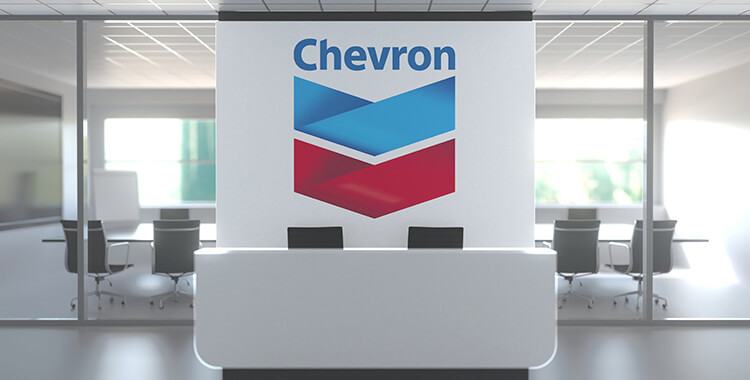
2021 has been a busier-than-expected year for Marcellus and Utica oil and gas leasing in Ohio, West Virginia, and Pennsylvania. While many predicted, including me, that 2021 would be a slow year due to politics, the COVID-19 pandemic, and other considerations, this year is shaping up to be one of opportunity for many landowners. Keep reading to learn more about negotiating an oil and gas lease in 2021.
Why 2021 Has Been Good for Oil and Gas Leases
First, the obvious news that is so vital to all oil and gas development in Appalachia—natural gas prices have rebounded and are trending upwards. After a relatively steep decline that started in 2019, natural gas prices are at least on par to where they were several years ago. Many people in the industry I’ve spoken with are optimistic that the trend will continue upwards, at least marginally.
Second, in West Virginia, we’ve seen two major shakeups in the oil and gas landscape in Wetzel County and Marshall County. In Wetzel County, EQT Production Company (the production subsidiary of Pittsburgh-based EQT Corp.) purchase Stone Energy Corp. in 2017 (effective 2016). The vast majority of Stone Energy’s acreage was located in Wetzel County, West Virginia. While that may seem like old news, it seems as if EQT has finally figured out what exactly it purchased from Stone Energy and has started actively leasing in Wetzel County.

In Marshall County, EQT Production Company purchased all of Chevron Appalachia, LLC’s (the Marcellus/Utica production subsidiary of Chevron U.S.A., Inc.) Appalachian assets in 2020. However, as Chevron Appalachia closed up shop when it announced its sale over a year ago, it let many leases expire when it had the option to extend or did not properly hold leases by operations. EQT Production has been busy trying to lease priority acreage.
How to Negotiate an Oil and Gas Lease in 2021
As is true with any negotiation, the ability to get the highest bonus and best terms (importantly the best royalty terms), depends on your leverage. If you have a great deal of leverage, you can bargain hard for higher bonus and better lease terms. On the other hand, if you don’t have good leverage, you’re ability to negotiate will be significantly hampered. The trick is in determining how much leverage you think you have.
As always, if you have more acreage, you typically have greater leverage. The same holds true if multiple companies are interested in leasing your oil and gas acres, but that is increasingly a rare scenario.
However, in 2021, with the combination of higher-trending oil and gas and EQT’s increased leasing of old Stone Energy and Chevron Appalachia acreage, there is a great opportunity for many landowners. Determining how much leverage you have is important before negotiating an oil and gas lease.
Ask yourself these questions to help determine how much leverage you may have:
- Does the leasing company have a permit to drill my copy on file with the West Virginia Department of Environmental Protection (WV DEP)?
- Does the leasing company have planned or active operations in the vicinity of my oil and gas?
- Is my previous oil and gas lease expired or is there still time left on it?
- Was my oil and gas acreage previously included in a production unit?
Typically, “yes” answers to these questions indicate better leverage to negotiate oil and gas lease terms.

When I have oil and gas lease clients, I always do my research into these questions and more to understand what might be available for my client. My job is to bring value to my client and maximize the value of their oil and gas lease. That obviously means obtaining the best bonus available and highest royalty rate. What many people don’t give proper attention to is the royalty term in their lease. How will royalties be paid and will the oil and gas company be able to take deductions? West Virginia and Ohio law is rapidly changing and making sure you have the most up to date gross royalty language is key. Hint—the “gross” royalty language an oil and gas company is likely to propose to a landowner is not actually a “gross” royalty term even though it may seem like one.
And, remember, there is no “going” rate for oil and gas leases.



